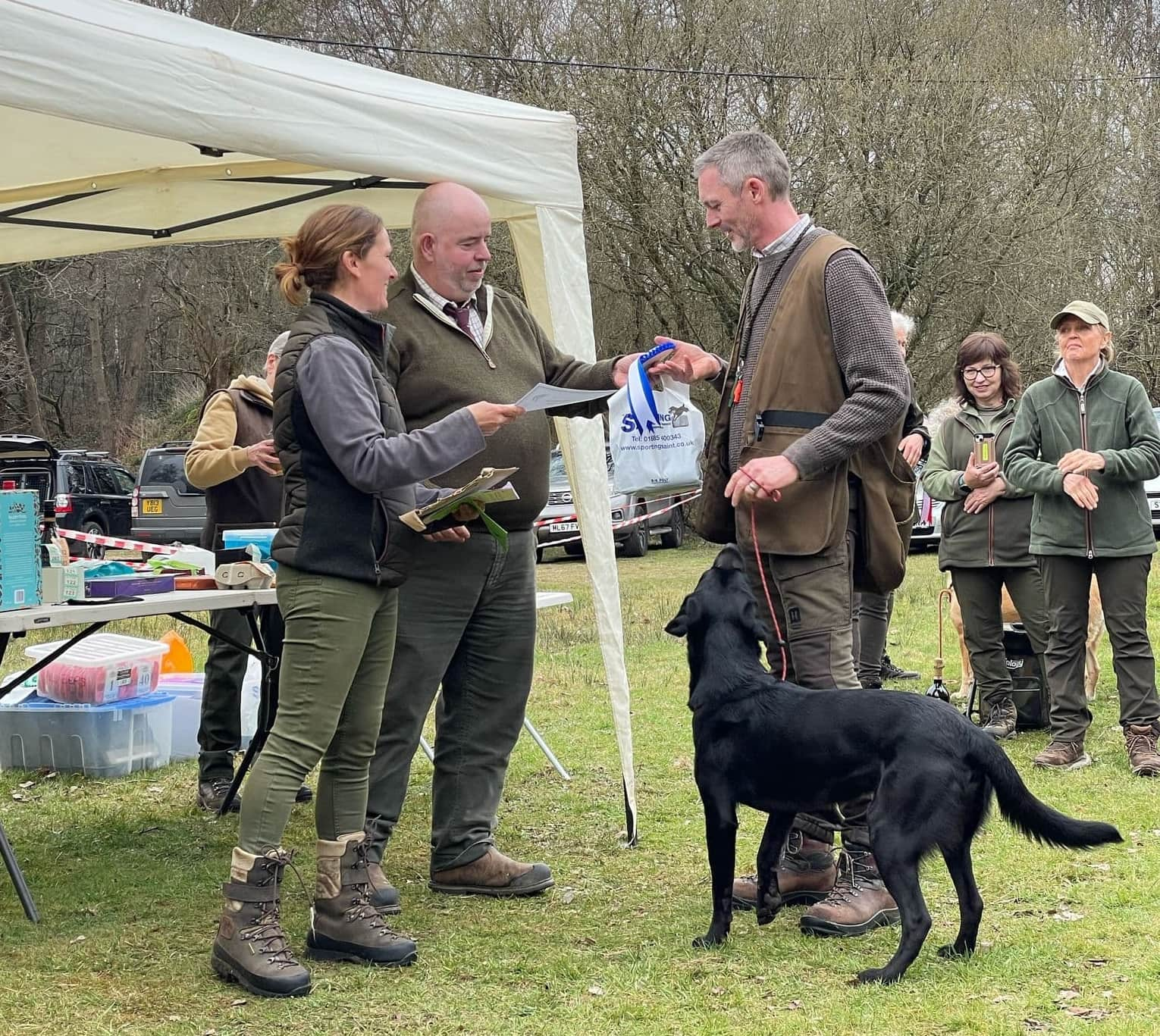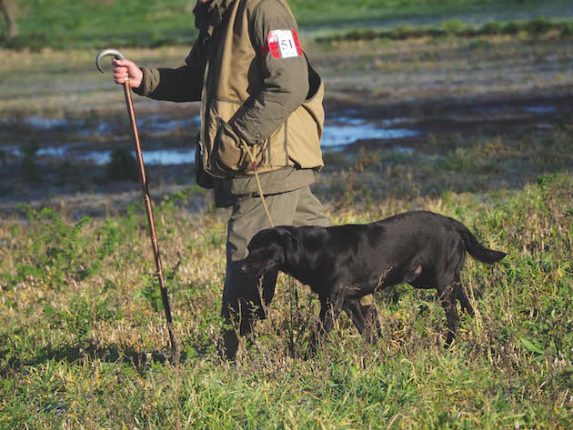What to Expect at a Gundog Working Test in the UK
A beginner‑friendly guide to your first UK working test: what happens, how tests are structured, and how to prepare.

What to Expect at a Gundog Working Test in the UK
If you're new to gundog working tests, you're not alone. These events simulate a shooting day without using live game—perfect for beginner handlers. Here’s what to expect so you can attend confidently.
📝 What Is a Working Test?
A **gundog working test is a friendly competition run by clubs. It replicates a day in the field using a canvas dummy "bird" instead of game, and tests your dog's retrieving, hunting and steadiness skills in a controlled environment. Judges may also use blank ammunition, creating a realistic field-like experience without live shooting.
There are usually at least three test components:
- Hunting: Assessing how your dog searches ground methodically using wind and handling skills
- Retrieves: Single, double or blind, land or water retrieves using dummies
- Steadiness: Dogs ability to be steady under pressure
There are three main entry levels:
- Puppy (under ~18 months)
- Novice / Novice Dog–Novice Handler (ND/NH)
- Open (experienced dogs/handlers)
Each level increases in challenge—longer distances, more complex marks, blind retrieves, and demanding terrain.
👥 How the Day Works
Working tests often have a fun, social atmosphere and are structured to guide participants through each phase. You will be guided from test to test by stewards who will typically ask you to wait in a "holding" area until it's your turn.
Expect 4–5 retrieves during a day (e.g. a single mark, double mark, a blind retrieve, possibly water). Dogs remain on lead when not competing, and handlers score based on calm handling, speed, control, and style—rather than flashy obedience.
✅ How to Prepare
Join a Recognised Club
Start by joining a gundog or field trial society. Most working tests require club membership or offer discounts to members. These clubs also host training days and demonstrations you can attend before trying a test yourself.
Practice the Key Skills
- Memory & blind retrieves: Use helpers to throw dummies from different distances and places
- Strong water retrieves, including clean delivery without shaking the dummy
- Familiarise your dog with starting pistol or blank gun noise in advance to avoid distractions on test day
- Heel work and general good behaviour. You dog will need to heel off lead, be steady and sit until required to work..without sound.
Watch or Help on Day One
If you're nervous, attend first as a spectator or helper (clubs are always on the look out for dummy throwers, stewards and general heplers). It’s a low-pressure way to observe etiquette and flow before entering.
🏁 FAQs: Working Tests in the UK
Do I need a Kennel Club‑registered dog?
Most clubs require your dog to be registered with the Kennel Club to compete, though some allow non-KC dogs in special or charity tests.
How far in advance should I arrive?
Arrive early to register, allow your dog to acclimatise and perhaps have a few practise retrieves, walking to heel etc. Make sure your dog has been to the toilet.
What should I bring?
- Leads, water and poo bags
- A camping chair might also be a good idea as there tends to be a bit of waiting around between tests
- Whistle!
How is the dog judged?
Judges assess your dog’s hunting technique, retrieve speed and directness, delivery to hand, and steadiness under simulated gunfire. They also consider your handling—quiet, effective, and supportive cues.
🎯 Final Advice for First-Time Testers
- Choose a novice or ND/NH class for your first test—it’s more forgiving and peer-friendly
- Attend before you compete—see how others handle their dogs
- Prepare steadily, retrieves, and distractions all matter
- Expect a welcoming atmosphere—tests are social, educational and enjoyable
- Use it as a benchmark—regardless of placing, judges and fellow handlers often share valuable insights
Attending your first working test might feel daunting—but with preparation and the right mindset, it’s an incredibly informative and enjoyable way to progress your training as a Labrador or retriever handler. Let Trialer.co.uk be your source for upcoming tests and training events: Browse upcoming Working Tests & Events on Trialer
More from Event Guides
Continue exploring event guides articles
